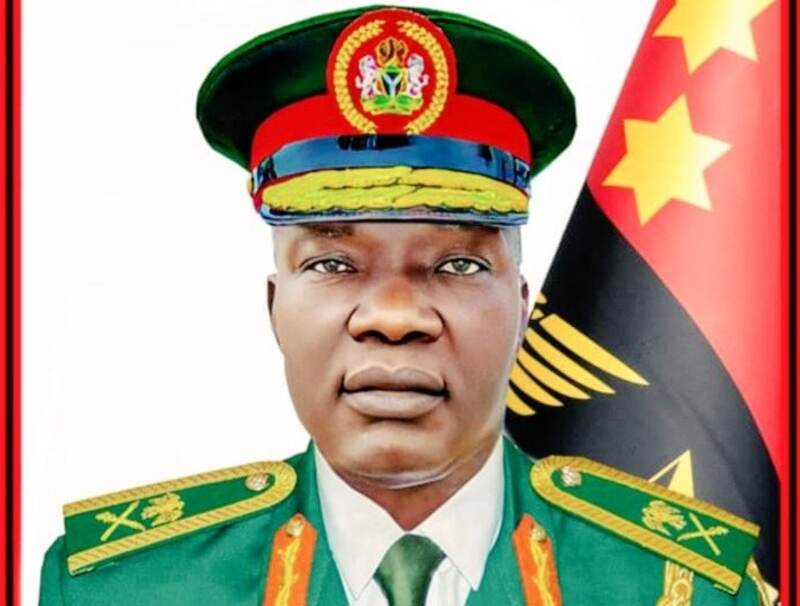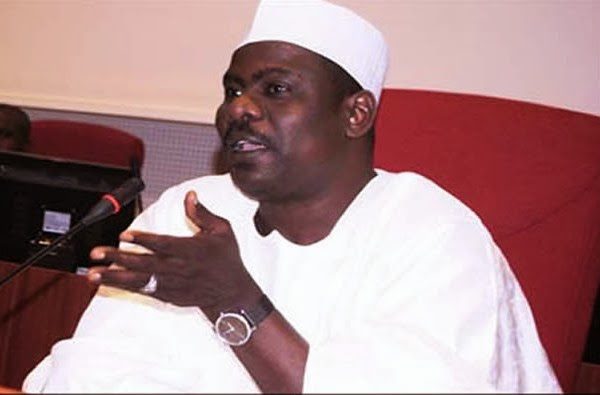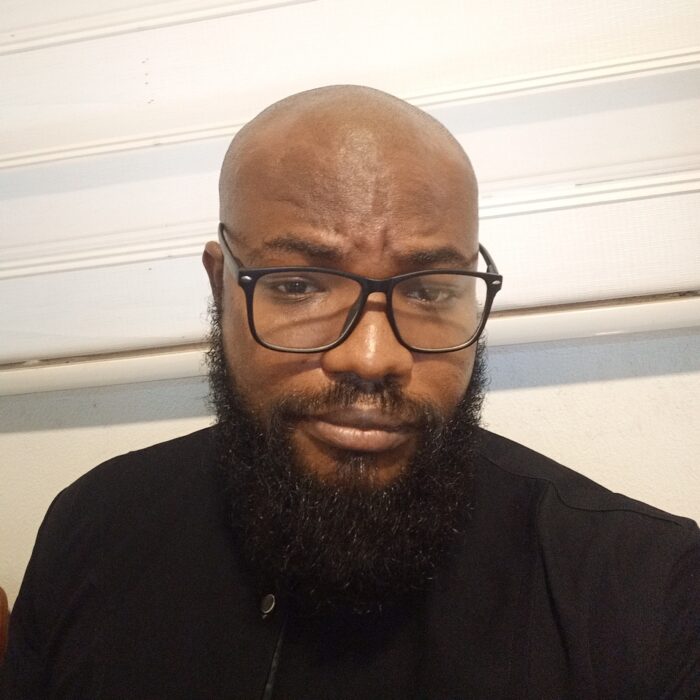Democracy & Governance
Lagbaja Something For You -By Emeka Obasi
Lagbaja must get something out of this new assignment. He was General Officer Commanding ( GOC ) 82 Division, Enugu before flying to Kaduna as GOC 1 Division. In 1976, Akinrinade as GOC 1 Division, countered Bukar Dimka’s coup while some top officers in Lagos panicked.

Catch up with me in Abuja if you can. My mission is to brief new Army Chief, Gen. Taoreed Abiodun Lagbaja on my expectations. Call it challenge, if you wish, there is something that must give way as soon as possible.
Lagbaja is the first Chief of Army Staff to come from Oduduwa in 43 years. The very first, Gen. Alani Akinrinade, lasted a few months before he was promoted out of relevance in 1980 by President Shehu Shagari. The Civil War veteran quit in less than one year.
It is strange that the land of warriors like Ogedengbe, Kurunmi, Oluyole and Latosa, has not been given the recognition it deserves in the Nigeria Army. There is this story of a former president saying that if he got wind of a coup led by a Yoruba, he would not lose sleep.
The most difficult part of the Civil War was the sea operations in the Niger Delta area. Col. Benjamin Adekunle, launched amphibious attack on Biafra using the 3rd Marine Commandos. Col. Olusegun Obasanjo completed the task when the fall of Owerri technically ended all battle.
Col. Samuel Ademulegun led Nigerian troops to Tanzanian to quell mutiny in 1964. Other Yoruba officers that commanded international peace keeping operations after him include Rufus Kupolati, Tunji Olurin, Ekundayo Opaleye and Benjamin Sawyerr.
Col. Adekunle Fajuyi was decorated with the Military Cross ( MC ) in the Congo as part of the United Nations Peace Keeping Forces. Lt. Akintunde Akinsehinwa died trying to defend Gen. Murtala Mohammed. Gen. Suraj Abdurrahman rose to command Liberian Armed Forces.
These men of valour would not be proud of their background if confronted with such tales as Gen. Oladipo Diya wiping his face before Gen. Sani Abacha and Enitan Ransome – Kuti being Court Martialed and found guilty of cowardice and mutiny.
Even Gen. Lamidi Adeosun would have been disappointed when he headed the Court Martial that found Gen. Hakeem Oladapo Otiki guilty of theft, disobedience to service orders, diverting operational money and engaging in private business.
This is just about the Army. Gen. Lagbaja must be listening to my my story now. It is a different story in the Navy and Air Force where Yoruba officers have shown class and are held in high esteem.
Of the three naval officers who won the war through sea battles, two, Michael Adelanwa and Akin Aduwo came from today’s South – West. The other, Nelson Soroh, was Izon. The first Chief of Naval Staff, Akinwale Wey was a Lagosian.
After Wey, seven other Navy Chiefs – Adelanwa, Aduwo, Patrick Koshoni, Jubril Ayinla, Samuel Afolayan, Ganiyu Adekeye and Ola Ibrahim, hailed from the same linguistic zone. Dele Ezeoba, an Igbo from Ibusa, was Yoruba in name.
Officers from the South – West excelled in the Air Force. It began with Flt. Lt. Adeniyi Thomas, the first Black African military pilot. Commissioned in 1942, he fought in the Second World and died in an air crash on January 12, 1945.
Col. Shittu Alao trained at Sandhurst as an Army officer and passed out in 1962. A year later, he was redeployed to the Air Force and by 1967 was appointed Chief of Air Staff. Eager to fly, Alao began to train as a pilot. In 1969, his light plane crashed in Uzebba.
After Alao, six other Yoruba pilots – Nureini Yusuf, Akin Dada, Femi John Femi, Oluseyi Petirin, Adesola Amosu ( Egun ) and Oladayo Amao – commanded the Air Force. Paul Dike, an Igbo from Issele Uku, is married to a Yoruba. It is remarkable that Alao’s son, Lawal and Yusuff’ son, Jubril, also joined the Air Force.
Alao died in an air crash, so did Jubril Yussuf, both in service. More also died flying – Solomon Balogun, E. O. Adekunle, John Bolarinwa, Alfred Ayodeji and Taiwo Asaniyi – were lost. Navy pilots – Femi Adekoya, Adeyemi Sowole and Yusuf Isiaka – died too.
The first female combatant helicopter pilot, Tolulope Arotile, died on the ground but she took active part in the war against bandits. The first female fighter pilot, Kafayat Sani, is still very much active.
Lagbaja must get something out of this new assignment. He was General Officer Commanding ( GOC ) 82 Division, Enugu before flying to Kaduna as GOC 1 Division. In 1976, Akinrinade as GOC 1 Division, countered Bukar Dimka’s coup while some top officers in Lagos panicked.
This is an opportunity to restore the dignity of the Yoruba in the Army. Lagbaja must show that he is a man of steel. And I expect him to enter the battle field immediately. The first task is to drive all the mercenaries and bandits that have been troubling the country since 2015.
Then, the new Army Chief must clear the South – East of criminals. He has to push deep into the forests in the South – West, chasing enemies of peace. The Middle Belt must be liberated from vandals. The oil thieves in the Niger Delta need to be flushed out.
Lagbaja knows Coal City. I will join him to Ogui Road where Zoro will be waiting to entertain us. We may even invite the masked one, Lagbaja, to play ‘ Laagbaaja Something for You’. That will be after a good job. And after him, more Yoruba Army Chiefs may appear.




















